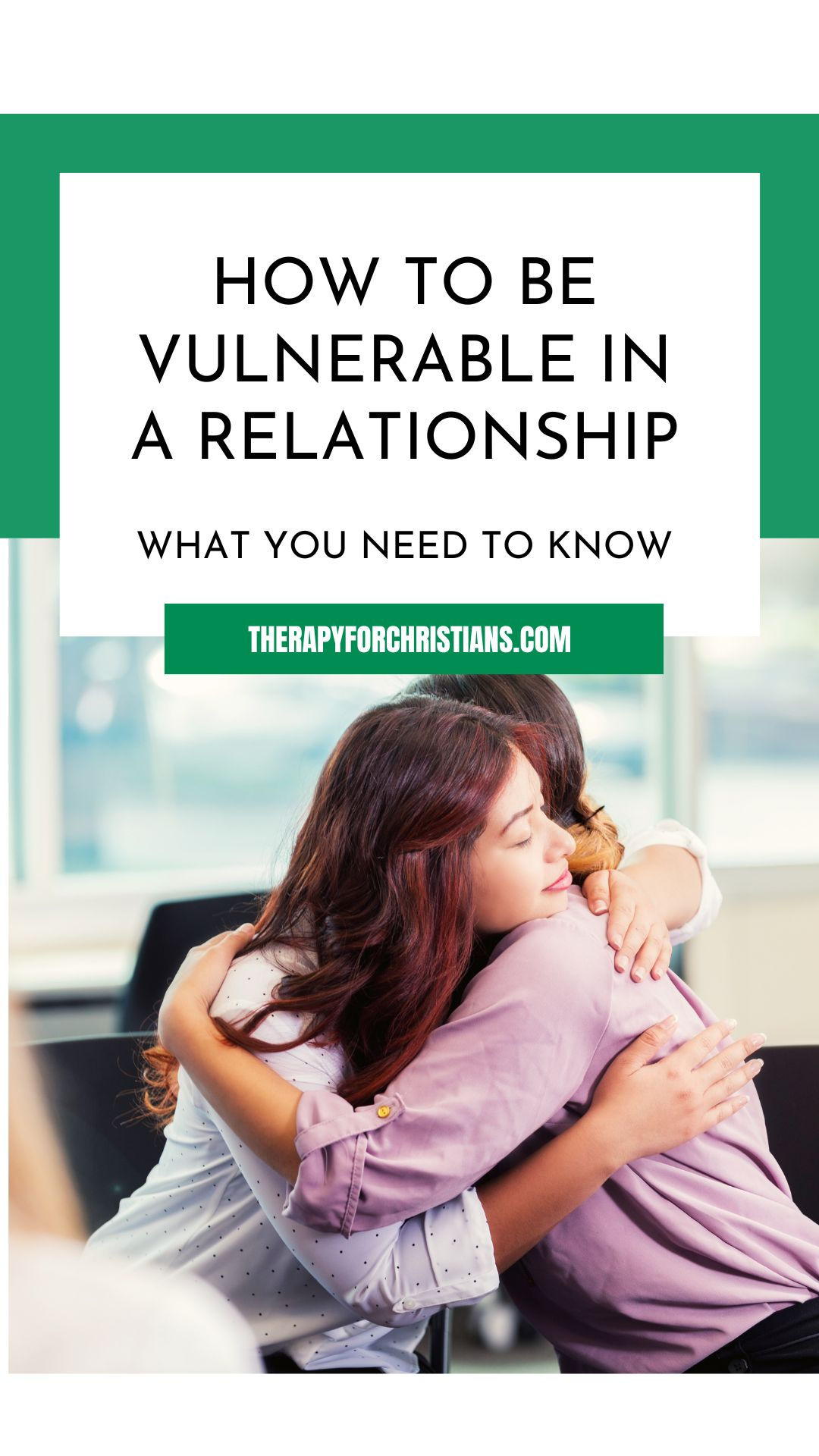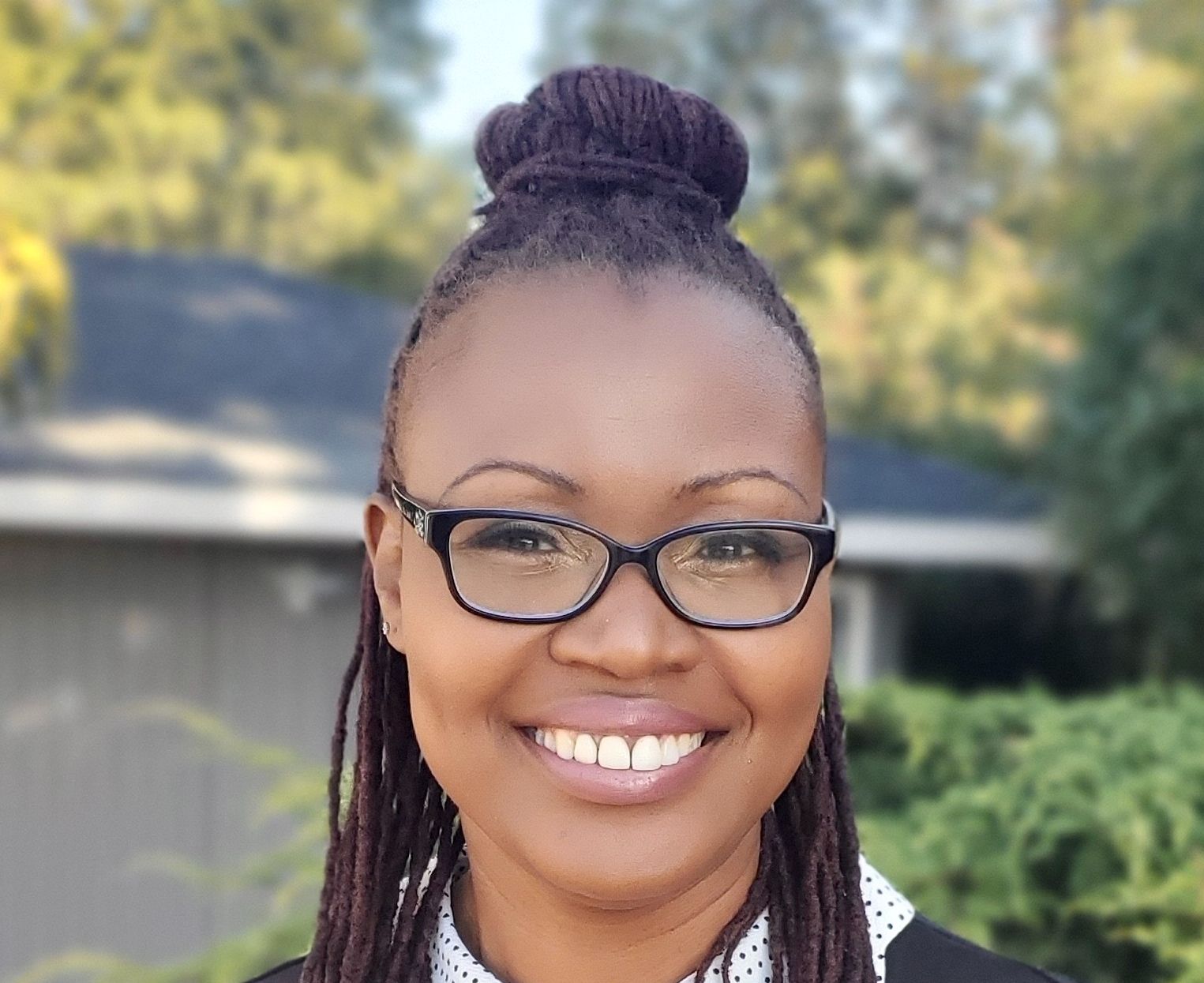
 Imagine a world where you can show your true self to others without fear or judgment. A world where genuineness reigns, and fulfilling relationships flourish. This is a world that vulnerability can unlock for you. By opening up and sharing your thoughts and feelings honestly, you create a beautiful space for others to do the same. In this space, trust, empathy, and compassion thrive, threading a tapestry of unbreakable bonds. But vulnerability doesn't stop there.
Imagine a world where you can show your true self to others without fear or judgment. A world where genuineness reigns, and fulfilling relationships flourish. This is a world that vulnerability can unlock for you. By opening up and sharing your thoughts and feelings honestly, you create a beautiful space for others to do the same. In this space, trust, empathy, and compassion thrive, threading a tapestry of unbreakable bonds. But vulnerability doesn't stop there.
It is also a catalyst for personal growth and self-awareness. By embracing vulnerability, you begin a journey of deep self-discovery. You gain a more in-depth understanding of who you are, what you need, and what you value. You begin to face and process challenging emotions that start to unlock your inner resilience and strength. As you navigate the depths of vulnerability, you emerge stronger, wiser, and more alive than ever.
 Like this content on Meta
Like this content on Meta
However, it’s not easy, vulnerability in relationships requires courage and intentionality. In this post, you'll learn the meaning of vulnerability, why it may be hard, and how to start being vulnerable. By the end, you would know exactly what the benefits of vulnerability are and why you should start being vulnerable today.
What Does Vulnerability Look Like In Healthy Relationships?
Vulnerability in a relationship is the boldness to reveal your true self, expose your emotions, and allow yourself to be seen, heard, and understood. Examples of vulnerability in a relationship include;
Sharing your deepest fears and insecurities.
Expressing your needs and desires.
Sharing your past traumas and wounds.
Expressing your emotions authentically.
Admitting mistakes and apologizing.
Sharing your quirks and imperfections openly.
Remember, vulnerability is a process that should be developed in a safe and nurturing environment. It requires trust, empathy, and open-hearted communication between two people. When both people embrace vulnerability, they create a space for deep connection, closeness, and growth within their relationship.

Why It May Be Difficult To Be Vulnerable?
Vulnerability can be difficult for many reasons, as it demands stepping out of your comfort zone and exposing yourself to potential emotional risk. Here are some typical reasons why being vulnerable can be difficult:
Fear of rejection: Opening up and showing your true self to others can leave you feeling exposed and vulnerable to potential criticism or abandonment.
Past hurts and traumas: Prior experiences of disloyalty, heartbreak, or emotional wounds can make it difficult to trust others and be vulnerable again.
Social conditioning and expectations: Society often promotes an image of strength and invulnerability, discouraging people from revealing their weaknesses or emotions.
Fear of judgment and shame: The fear of being judged or feeling ashamed of our vulnerabilities can inhibit us from embracing our genuine selves.
Lack of trust: Vulnerability requires a basis of trust in the relationship. If your trust has been broken in the past or is lacking in the current relationship, it can make it difficult to be vulnerable and share your thoughts and feelings.
Self-protection and defense mechanisms: As a way to safeguard yourself from potential hurt or disappointment, you may develop defense mechanisms that keep you cautious and emotionally distant.
Cultural or gender expectations: Societal expectations and stereotypes around masculinity, femininity, and emotional expression can affect our willingness to be vulnerable.
It's important to recognize that vulnerability is an ongoing process. Vulnerable requires creating a supportive environment, building trust, and building emotional awareness. Overcoming these barriers to vulnerability can lead to deeper connections and personal growth.
What Are The Benefits Of Vulnerability?
Authentic connections: Being vulnerable allows you to show others who you truly are which in turn encourages deeper and more meaningful relationships. When you open up and share your thoughts, feelings, and experiences honestly, it encourages others to do that too. This vulnerability produces an environment of trust, empathy, and understanding, ultimately strengthening your relationships.
Emotional growth: Vulnerability also provides an opportunity for personal growth and self-awareness. By acknowledging and expressing how you feel, you can gain a better understanding of yourself, your needs, and your values. It allows you to engage and process tough emotions, leading to personal development and increased stability.
Increased empathy and compassion: When you embrace vulnerability, you become more open to seeing the struggles and vulnerabilities of others. This elevated empathy and understanding enable you to support and connect with people on a deeper level. It cultivates a sense of community and promotes kindness in your relationships.
Enhanced problem-solving: Vulnerability often leads to honest communication, even in challenging situations. By voicing your vulnerabilities, you develop an environment where problems can be talked about openly. This encourages collaboration, brainstorming, and the exploration of creative solutions. Vulnerability can also inspire a team or group to work better together, finding innovative ways to overcome obstacles.
Overcoming fear and shame: Vulnerability allows you to face your underlying fears and insecurities. It involves stepping outside your comfort zone, which can be tough but ultimately empowering. By being vulnerable and practicing emotional openness, you can break free from the constraints imposed by fear and shame, leading to personal freedom and growth.
Resilience and personal strength: When you allow yourself to be vulnerable, you develop resilience and inner strength. By facing and steering through challenging emotions and experiences, you build the ability to adapt to adversity, so that every setback becomes a setup for a comeback. Vulnerability can empower you to confront life's challenges with courage, ultimately strengthening your relationships.
It's important to note that you should be vulnerable within healthy boundaries and in situations where you feel safe and supported. Being vulnerable does not mean being reckless or exposing yourself to harm. Pin and Save of Later!
Pin and Save of Later!
Isn't Vulnerability Weakness?
Vulnerability is not a weakness, but a strength. When we are vulnerable, we are opening ourselves up to God and to others, and we are allowing ourselves to be seen and known. This can be a scary thing, but it is also a necessary thing if we want to experience true intimacy and connection.
The Bible also teaches us that God is a God of compassion and mercy. He knows our weaknesses and He loves us anyway. When we come to Him in our vulnerability, He meets us with grace and acceptance. He gives us the strength to face our challenges and to grow in our faith.
So if you are feeling vulnerable today, know that you are not alone. God is with you, and He will help you through this. Embrace your vulnerability, and allow it to lead you into a deeper relationship with God and with others.
How to Start Being More Vulnerable in Relationships?
If you're looking to be more vulnerable in your relationships, here are some steps you can take to cultivate vulnerability:
Increase your self-awareness
Begin by examining your own emotions and understanding what you feel and why. Take time to reflect on your thoughts and feelings. Also, try to identify any fears or barriers that may be holding you back from being vulnerable. Self-awareness is a vital first step.
Model vulnerability
To foster a deeper emotional connection, model vulnerability by leading by example and demonstrating your willingness to be open and authentic. Your acts of vulnerability create a safe and inviting space for others to share their own feelings and experiences, cultivating a profound emotional connection in your relationships.
When it comes to vulnerability, go first
Being vulnerable means taking the lead and being the first to open up, sharing your thoughts, feelings, and experiences. This courageous act of vulnerability serves as an inspiration for others to follow suit, fostering a deeper sense of connection and intimacy in your relationships.
Start slow
When practicing vulnerability, it's essential to start slow by sharing small, less intimidating vulnerabilities and gradually progress towards deeper levels of openness. Give yourself permission to take your time and move at a pace that feels comfortable and authentic to you. Remember, practicing vulnerability is a journey of self-discovery and growth, and every step, no matter how small, is a meaningful contribution to building stronger connections in your relationships.
Express your needs
Share your emotions, needs, and desires openly with your partner. Let them know how you feel about specific situations, experiences, or aspects of the relationship. Use "I" statements to describe your emotions. These create a space for honest dialogue.
Be an active listener
Motivate your partner to share their thoughts and feelings, and actively listen to them without judgment or interruption. By creating a safe space for your romantic partner to be vulnerable, you also encourage them to reciprocate.
)-(1).jpg)
Be accepting and non-judgmental
When your partner shares something vulnerable, respond with empathy and understanding. Avoid criticizing or dismissing their feelings or experiences. Acceptance and non-judgmental attitudes create a supportive environment for vulnerability to thrive.
Embrace discomfort
Being vulnerable can feel awkward, especially if you're not accustomed to it. Acknowledge and embrace the discomfort as a normal part of the process. Remember that growth and deeper connections often arise from stepping outside your comfort zone.
Have Difficult Conversations
One of the key aspects of being more vulnerable in your relationships is having difficult conversations. These conversations may involve addressing past hurts, expressing deep-seated fears, or discussing challenging topics that are uncomfortable to talk about. While challenging conversations can be daunting, they are essential for fostering intimacy, understanding, and growth in any relationship.
Seek professional help if needed
If you find it difficult to be vulnerable or if any barriers are preventing you from doing so, think about seeking the advice of a therapist or counselor. They can provide valuable insights and support to help you through the process.
Remember, sometimes it's not worth it:
Remember, vulnerability is not always necessary or relevant in every situation, so trust your instincts and decide when it's worth embracing.
Also, keep in mind that vulnerability is a personal journey, and it's important to respect your own boundaries and emotional well-being. Take things at your own pace and communicate openly with your partner throughout the process.

Final Thoughts on Vulnerable in a Relationship
Being vulnerable in a relationship is a profound act of faith and surrender. Through vulnerability, we can transform all our relationships, including romantic ones, creating a space for God's love to flow and authentic connections to flourish.
In pursuing vulnerability, we find the courage to be seen and known, flaws and all. By accepting and expressing our true selves, we invite others to do the same, fostering a sacred space where trust, empathy, and understanding thrive. It is within this space that we experience the power of God's love, nurturing healthy relationships with deeper connections.
As we embark on the journey of vulnerability, we also embark on a path of self-discovery and spiritual growth. By acknowledging and expressing our emotions, we open ourselves to God's healing and guidance. Vulnerability enables us to surrender our fears and insecurities to Him, allowing Him to shape us into vessels of His grace and love.
Throughout this journey, it's vital to remember that vulnerability requires discernment and healthy boundaries. Seeking God's wisdom and surrounding ourselves with people who honor and respect our vulnerability will aid us in navigating the challenges that arise. Through His strength and guidance, we can experience the joy and fulfillment that come from genuine, Christ-centered connections.
So, as you begin your journey to vulnerability, may you find the courage to be open, knowing that in your weakness, God's strength is made perfect. Trust in His transformative power and allow vulnerability to be a gateway for His love to flow through you, deepening your relationships and drawing you closer to Him.
Before you leave, we would appreciate it if you helped us spread the word by sharing, tweeting, pinning, etc. this post.
About the Author:
Corine Williams, Ph.D. is Clinical Psychologist that is currently seeing clients in the States of Maryland, New Jersey, and New York. You can find out more about her practice by visiting www.therapyforchristians.com/corinewilliams. In addition to providing individual therapy, Dr. Williams is also passionate about writing books and designing merchandise that educate, uplift, and normalize mental health subject in the Christian community. You can find out more about her at www.booksbycorine.com or by visiting her amazon profile here: https://www.amazon.com/Corine-Hyman/e/B00AWZ5FL2
Help us increase mental health awareness in the Christian community by donating through our paypal link here: www.paypal.com/therapyforchristians, joining our mailing list by clicking below, or join our provider list here: Provider listing
Disclaimer: the information, including but not limited to, text, graphics, images and other material contained on this article are for informational purposes only. No material on this site is intended to be a substitute for professional medical advice, diagnosis or treatment. If you are looking for a Christian counselor near you, please check out our directory located here: Christians Therapist Near Me
.png)
.jpg)














